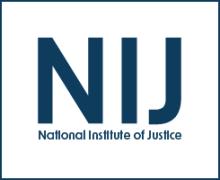Research
Optimizing the Analysis of DNA from Burned Bone Using Ancient DNA Techniques
Raman Spectroscopy and Chemometrics for Forensic Bloodstain Analysis: Species Differentiation, Donor Age Estimation, and Dating of Bloodstains
Neuro-physiological Underpinnings of User-centered Security
Model Programs Guide Literature Review: Youth Curfews
Examining Mentoring Practices Tailored to Youth Needs, Technical Report
Dual Pathways of Concealed Gun Carrying and Use from Adolescence to Adulthood over a 25-year Era of Change
To activate, or not to activate? Officers’ decisions to turn on body-worn cameras during different police services
Detecting and Processing Clandestine Human Remains with Unmanned Aerial Systems and Multispectral Remote Sensing
Cold Cases and Serial Killers (Part Two)
NIJ Social Science Analyst Eric Martin discusses why the number of serial killers is declining and the factors that deter people from this type of violent offense. He also shares insight into whether society is experiencing an evolution away from serial killing and how NIJ continues to support research in this area.
Mark Greene, the Division Director of the Technology and Standards Division at NIJ, and Lucas Zarwell, the Office Director of NIJ’s Office of Investigative and Forensic Sciences, co-host this conversation about serial killers.


















